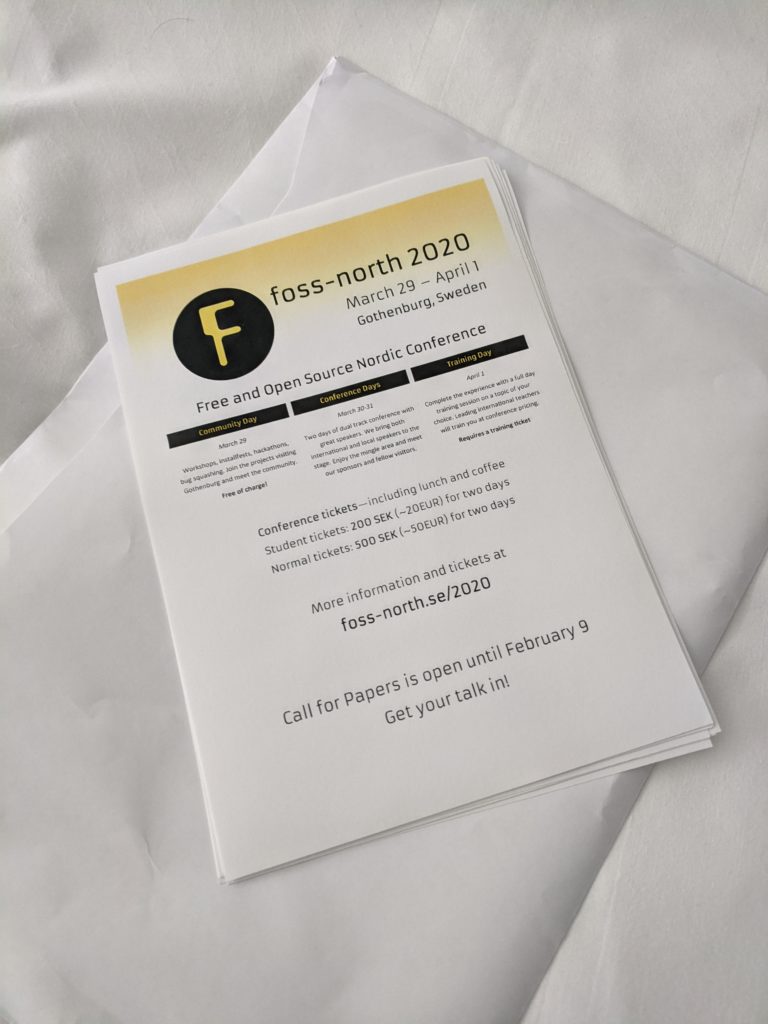The foss-north conference strives to have an assortment of various talks. The point is that visitors should see something unexpected and that the conference should attract all types of visitors to ensure that we as a community can meet across various industries and problem spaces.
This time I’ve selected three talks about embedded systems from foss-north 2020. The talks touch on building embedded systems around Linux. If your reader does not show you the embedded videos, make sure to follow the actual page or go to our conf.tube channel to see all the contents.
First out was Ron Munitz talk on understanding and building minimal Linux systems. This talk proved to be a real deep dive into the Linux kernel – including setting up a debugger to the kernel itself.
The next embedded speaker on the program was Chris Simmonds. He discussed if going with Yocto or Debian is best for your embedded Linux project. This an interesting topic – how much is customization worth compared to other aspect such as build-time.
The embedded set of talks ended with Drew Fustini talking about running Linux on the RISC-V. This talk dives deep into the hardware part of embedded systems, but also Linux. By being able to run Linux on RISC-V, which is open hardware, we are very close to an completely open eco-system.
The three talks are already available on conf.tube, and the presentation material can be found by following the links to each speaker. For those of you who prefer YouTube, the talks will be made available shortly on the foss-north channel. Subscribe to get notified when they are.
